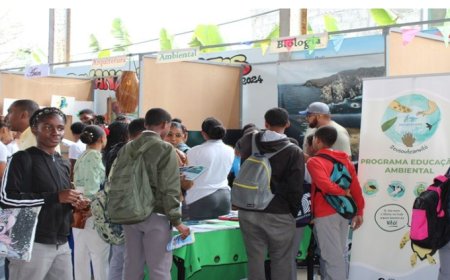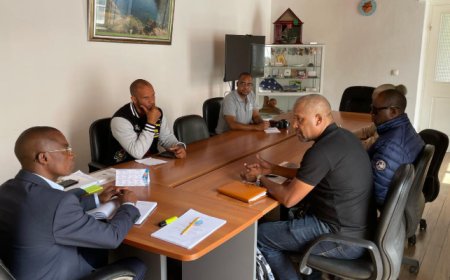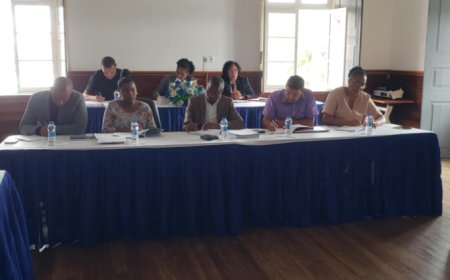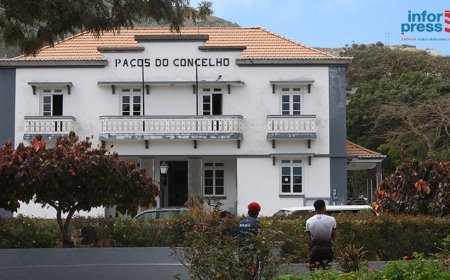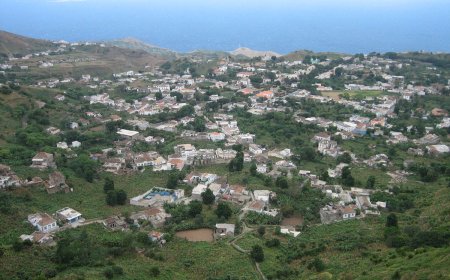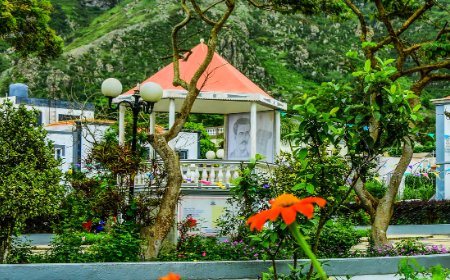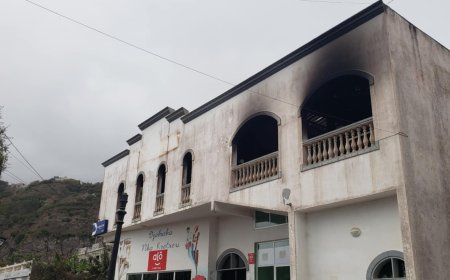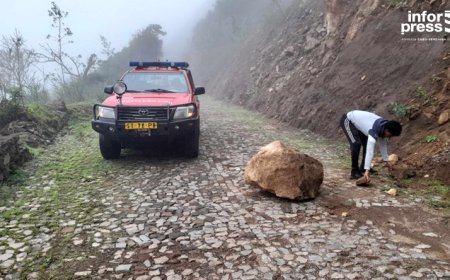World Bank report highlights need for USD 842 million climate investment in Cabo Verde by 2030
The World Bank estimates that Cabo Verde will need to invest USD 842 million by 2030 to address climate and development challenges. The report highlights the country’s vulnerability to natural disasters and the need for priority actions in infrastructure, renewable energy and food security, emphasizing the role of tourism and blue natural capital in sustainable development.
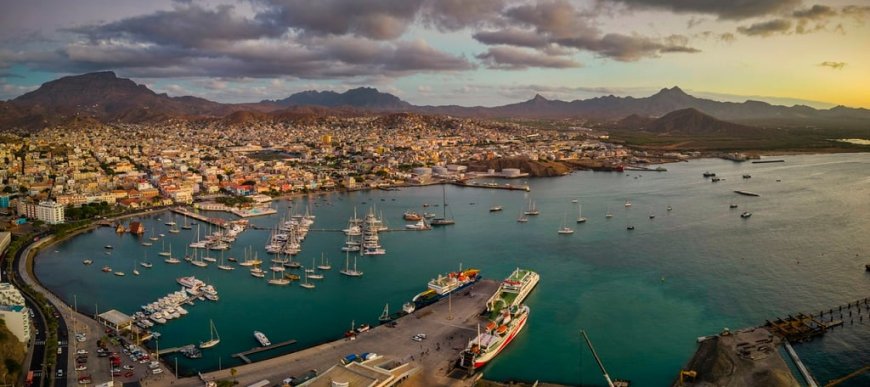
On January 15, 2025, the World Bank released the report entitled Country Climate and Development Report (CCDR) , which indicates that Cabo Verde will need to invest around USD 842 million between 2024 and 2030, equivalent to USD 140 million per year, to face climate and development challenges.
As a small island developing state (SIDS), Cabo Verde is particularly vulnerable to extreme weather events, including intense heat, floods, droughts, tropical storms and sea level rise. These challenges are compounded by factors such as rural-urban migration, land degradation and economic dependence on tourism and imports.
According to the report, without effective adaptation measures, GDP losses could reach 3.6% by 2050. The document identifies priority actions, such as strengthening food security through integrated water and land management, agricultural diversification and investments in climate-resilient infrastructure.
The energy sector, responsible for 73% of national emissions, is also at the heart of Cabo Verde’s climate goals, which include achieving 100% renewable energy by 2040. Financial reforms and attracting private capital will be essential to enable the necessary investments.
Furthermore, the report highlights the role of blue natural capital in the country’s development, with tourism accounting for 25% of GDP and 45% of formal jobs. Increasing climate resilience and sustainable development will be key to ensuring Cabo Verde’s long-term economic and social well-being.















